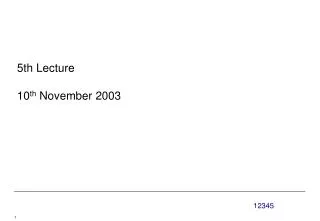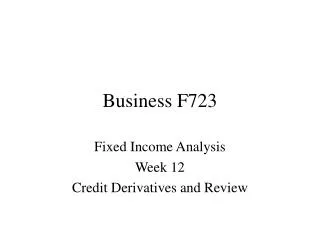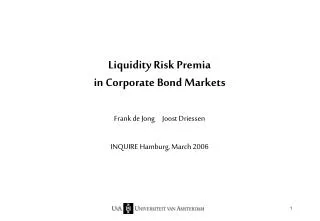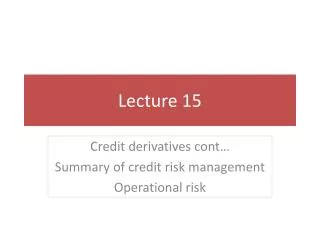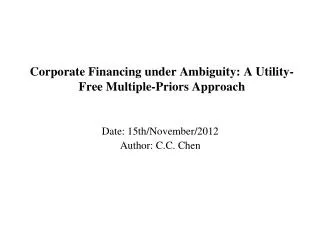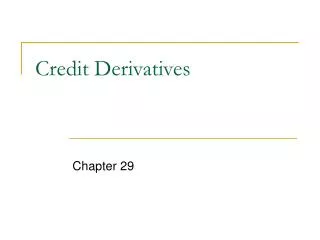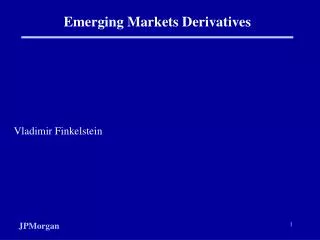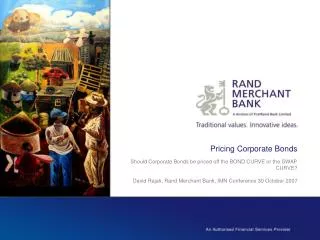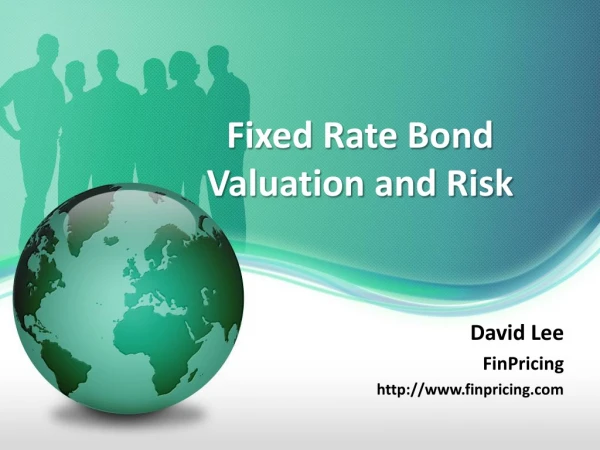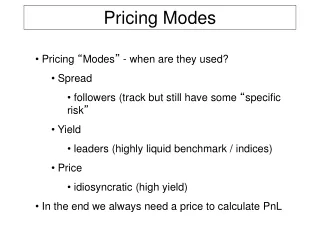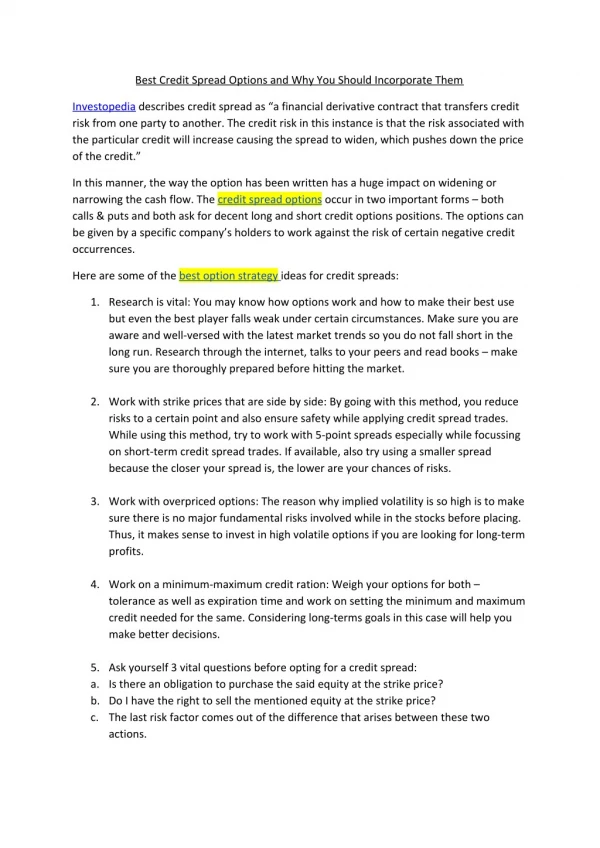Fixed Rate Bond Valuation Practical Guide
A bond is a debt instrument in which an investor loans money to the issuer for a defined period of time and receives coupons paid by the issuer at fixed interest rate. The bond principal will be returned at maturity date. Bonds are usually issued by companies, municipalities, states/provinces and countries to finance a variety of projects and activities. Fixed rate bonds generally pay higher coupons than interest rates. An investor who wants to earn a guaranteed interest rate for a specified term can choose fixed rate bonds. The benefit of a fixed rate bond is that investors know for certain how much interest rate they will earn and for how long. Due to the fixed coupon, the market value of a fixed rate bond is susceptible to fluctuation in interest rate and therefore has a significant interest rate risk. There are two types of bond valuation models in the market: yield-to-maturity model and credit spread model. This presentation gives an overview of fixed rate bonds and also elaborates two valuation models. You can more information at http://www.finpricing.com/lib/FiBond.html
★
★
★
★
★
141 views • 10 slides

